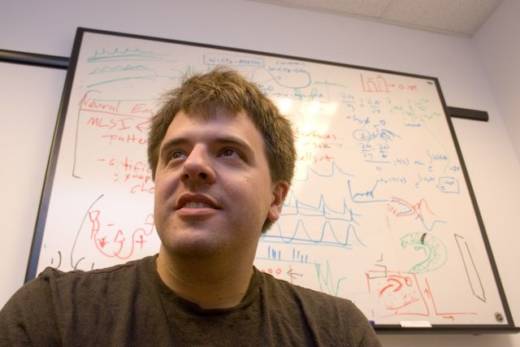Karl Deisseroth, a Stanford University professor of bioengineering and psychiatry, has been awarded an international prize worth more than $900,000 for his work in illuminating brain activity with light. The exact amount of the prize was 100 million yen.
Deisseroth is receiving the 2018 Kyoto Prize for advanced technology. Awards are also granted for basic sciences, and arts and philosophy. Some of its recipients have gone on to win the Nobel Prize.
Deisseroth, the youngest person to ever receive the prize, is being honored for developing optogenetics, a technology that uses light-sensitive proteins to manipulate brain cell activity. The method allows scientists to glean more information about brain disorders and to probe how the nervous system works.
"It is humbling to see all the distinguished people who have won the Kyoto Prize, and to be listed with them. It is wonderful to see pure basic science discoveries recognized in this way," said Deisseroth.
The technique developed by Deisseroth and his team manipulates cellular activity by delivering a pulse of light to a particular cell through an optical fiber that has been implanted in the animal’s brain. The method yields information on how brain cells give rise to sensations, memories and actions.

“A brilliant and innovative investigator, Karl has created a revolutionary technology that has broadened our understanding of brain disorders and may one day yield treatments to the millions with these disorders,” said Dr. Lloyd Minor, dean of the Stanford School of Medicine, in a statement. “His receipt of the Kyoto Prize is inordinately well-deserved and the product of his unmatched scientific vision."

